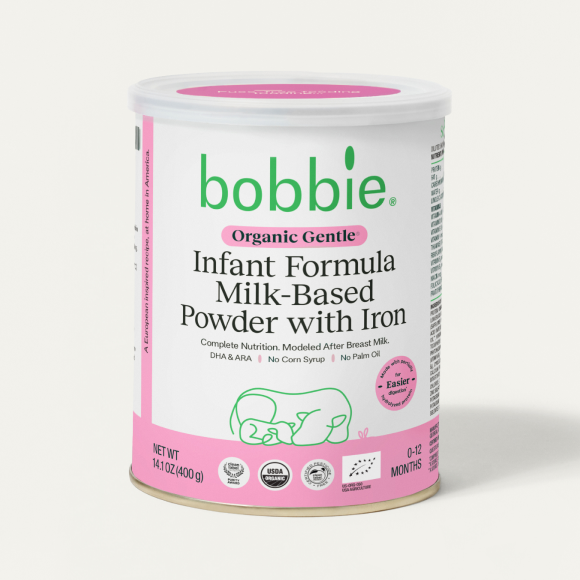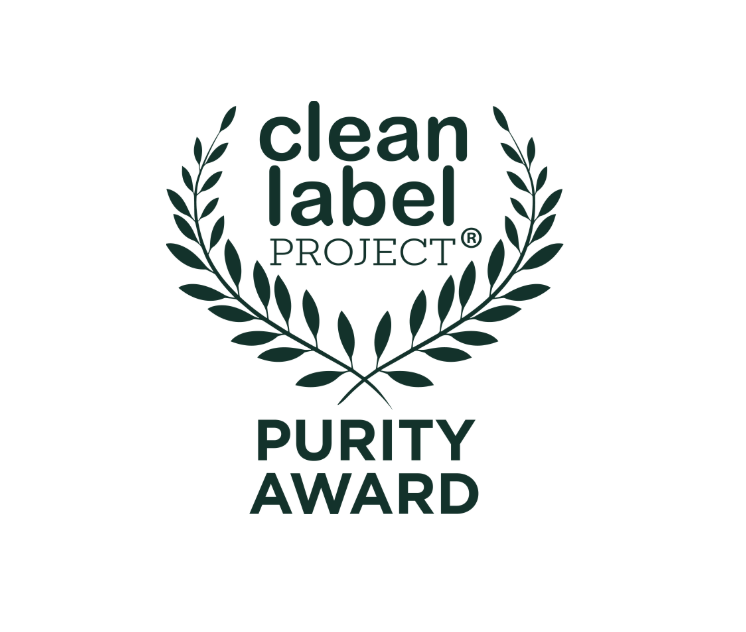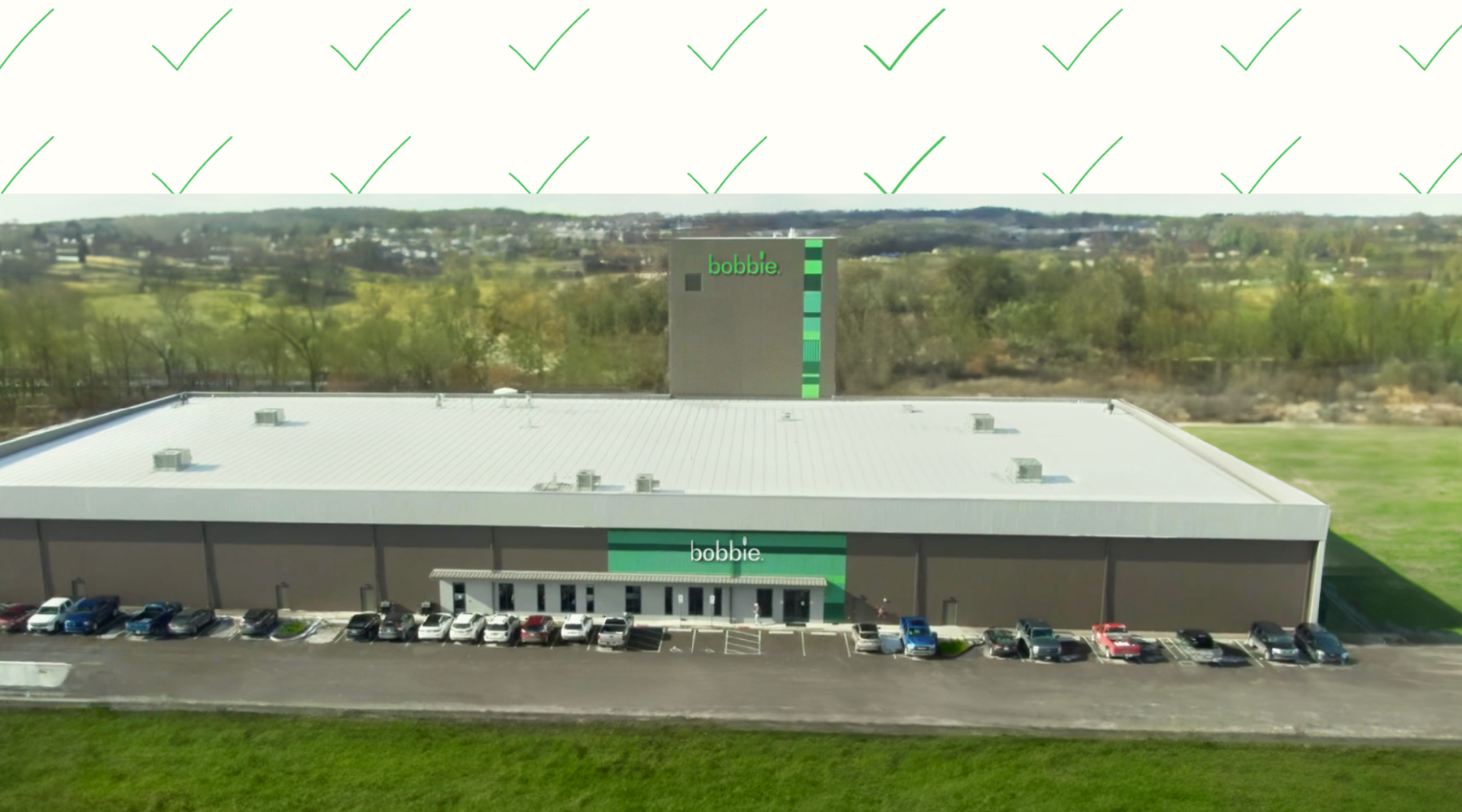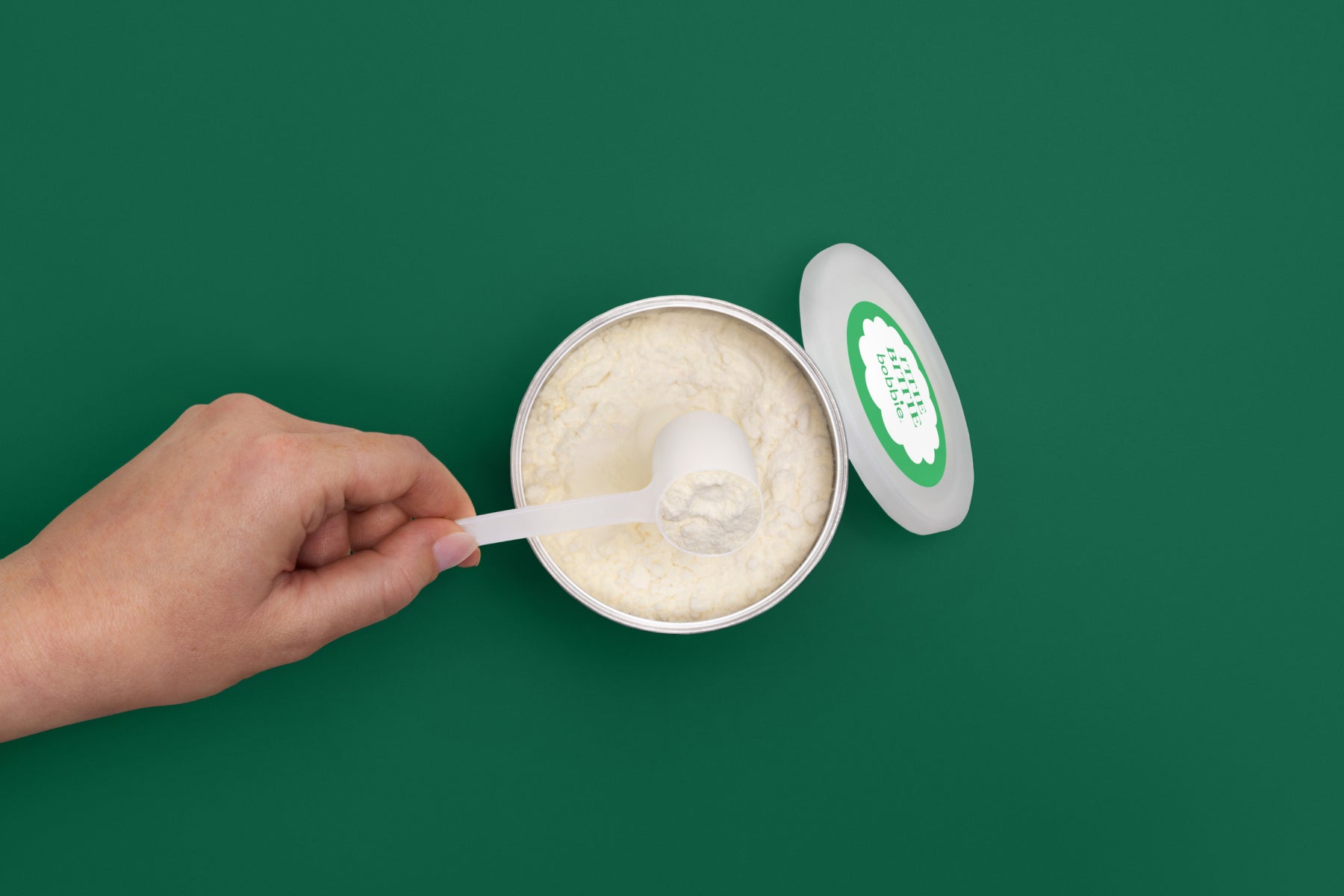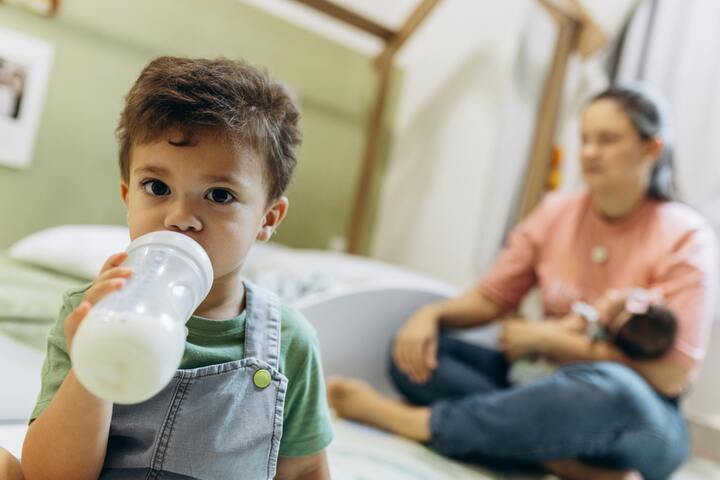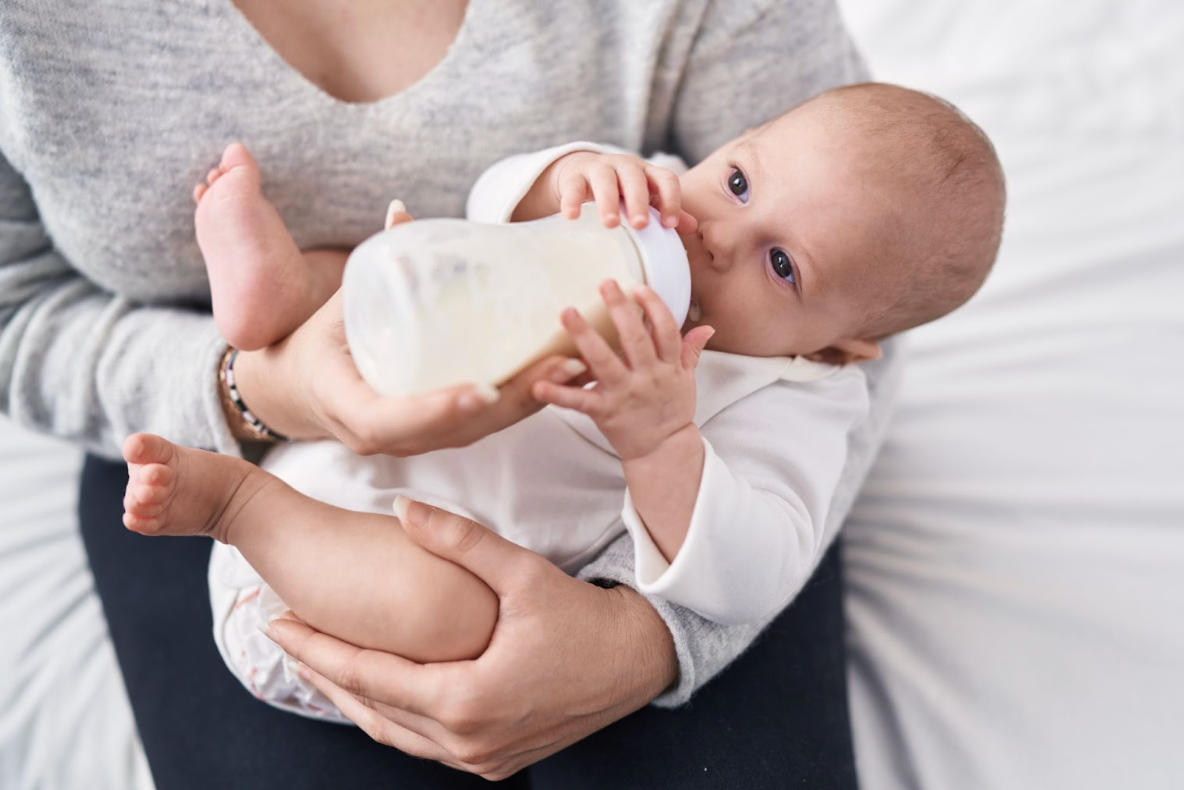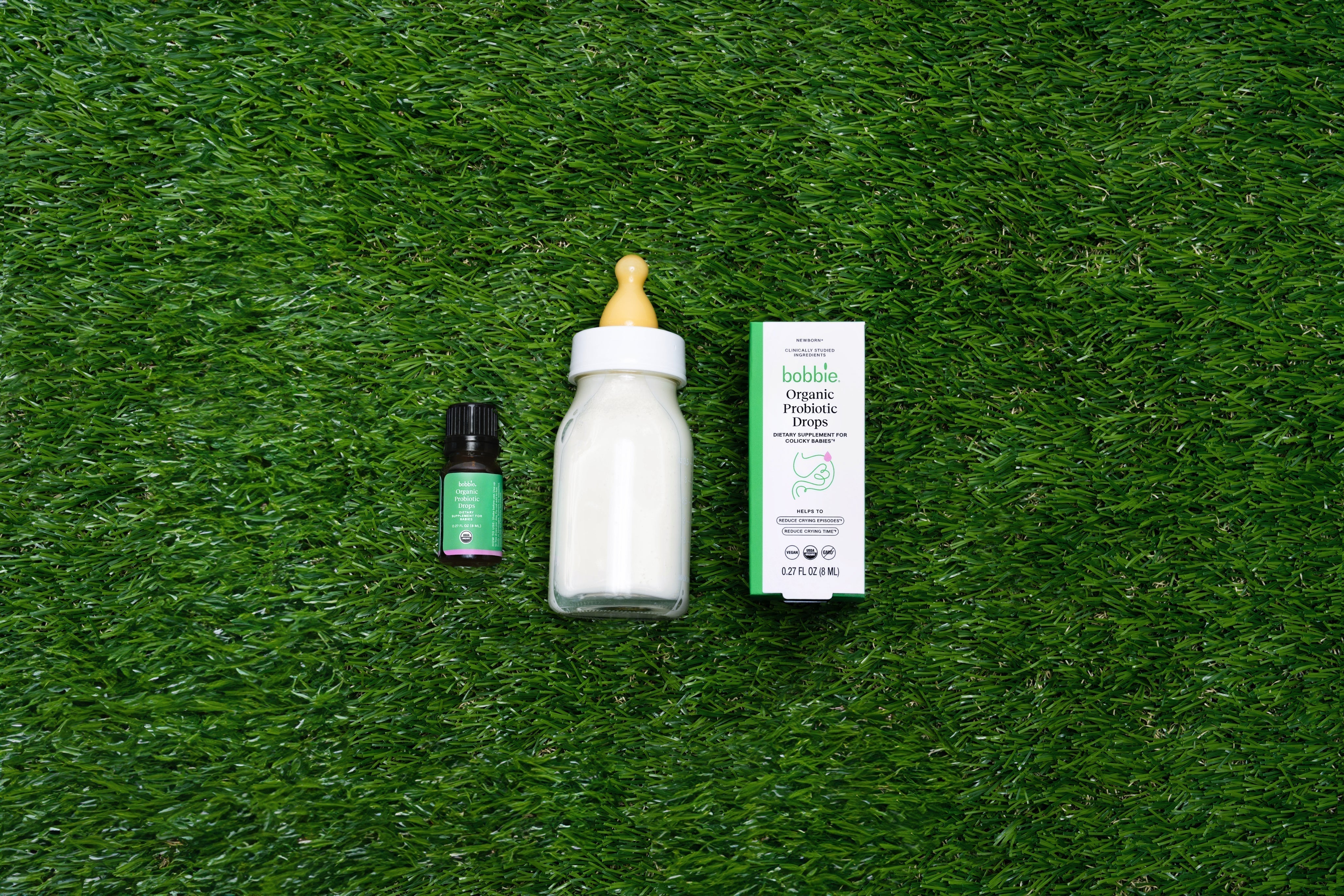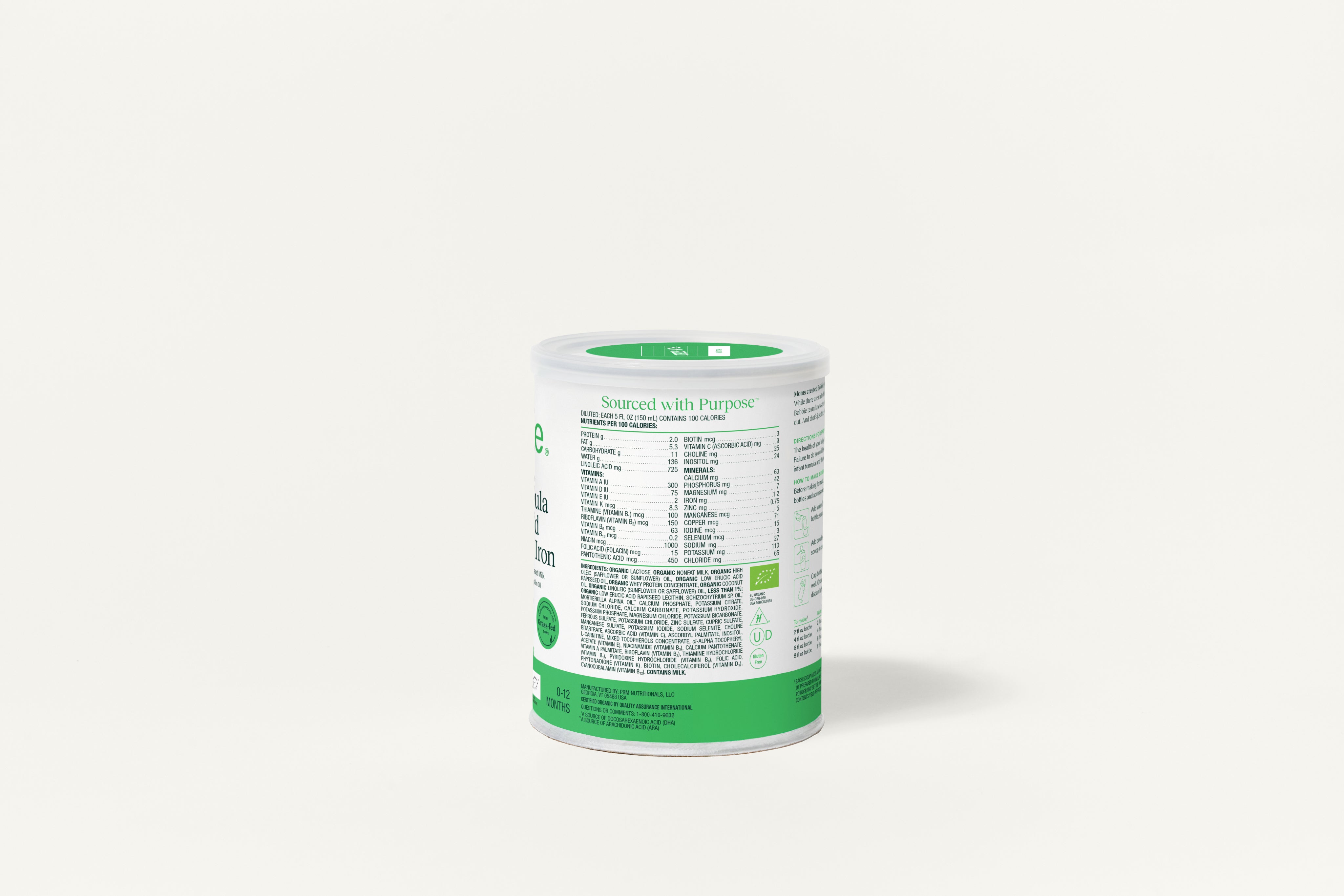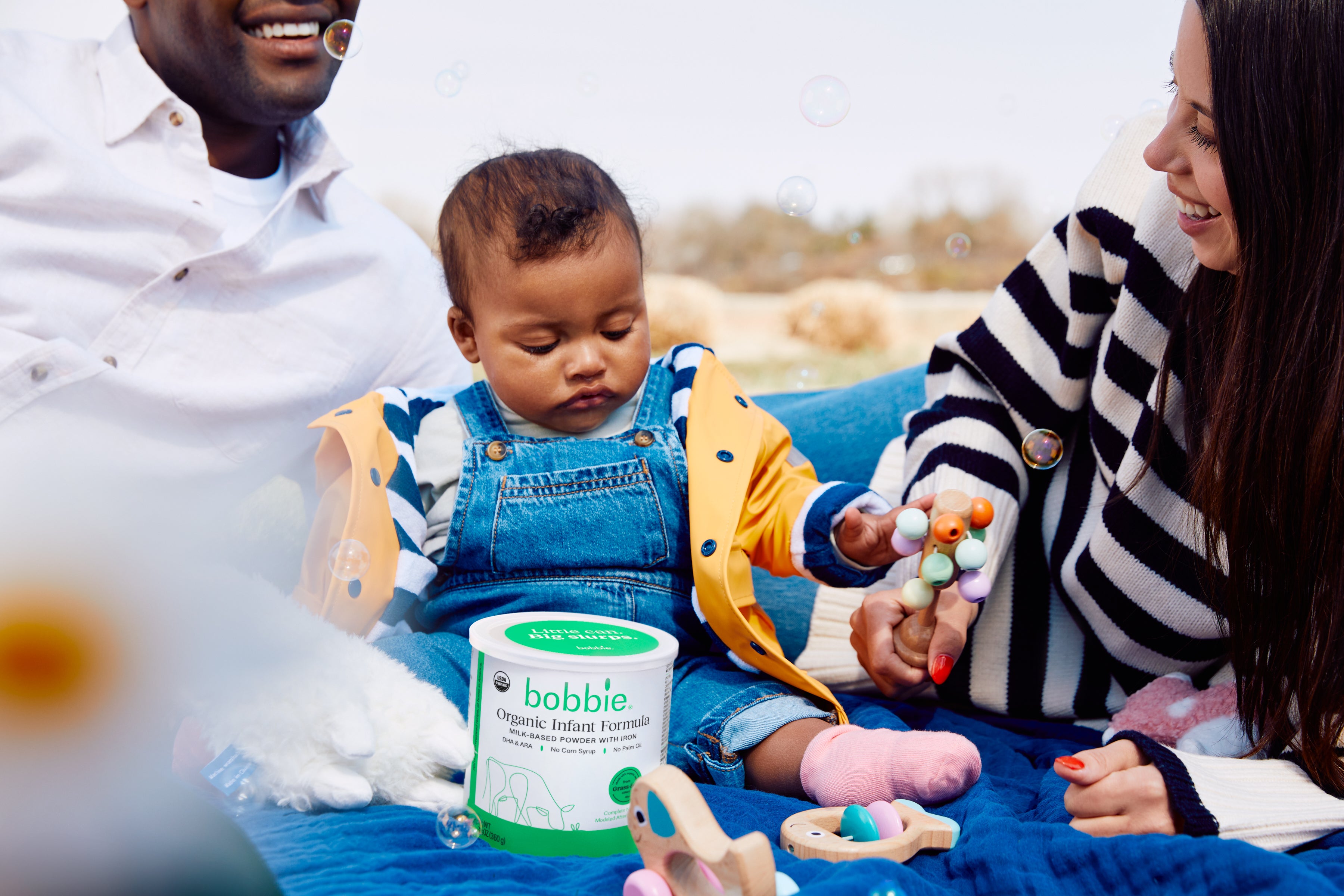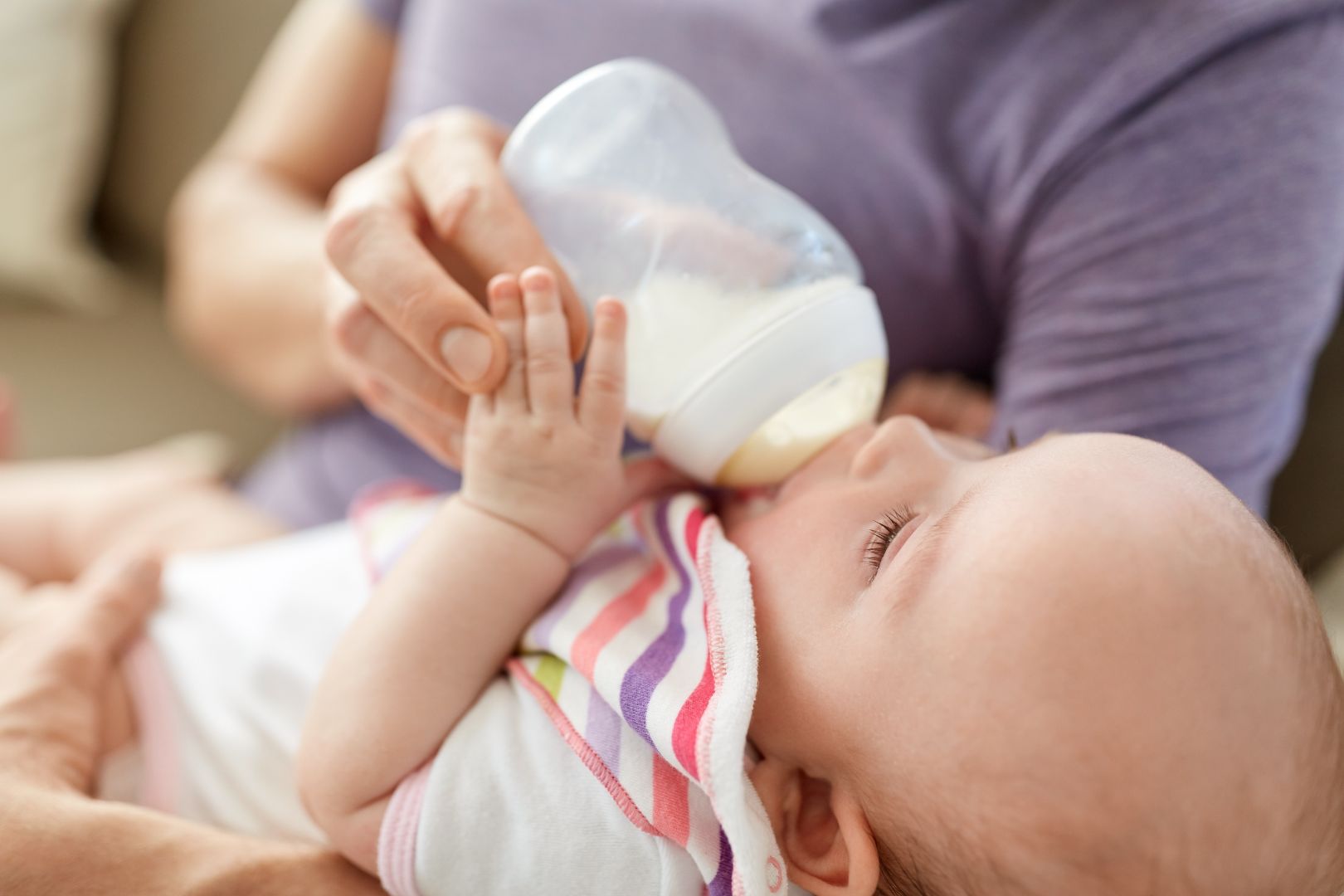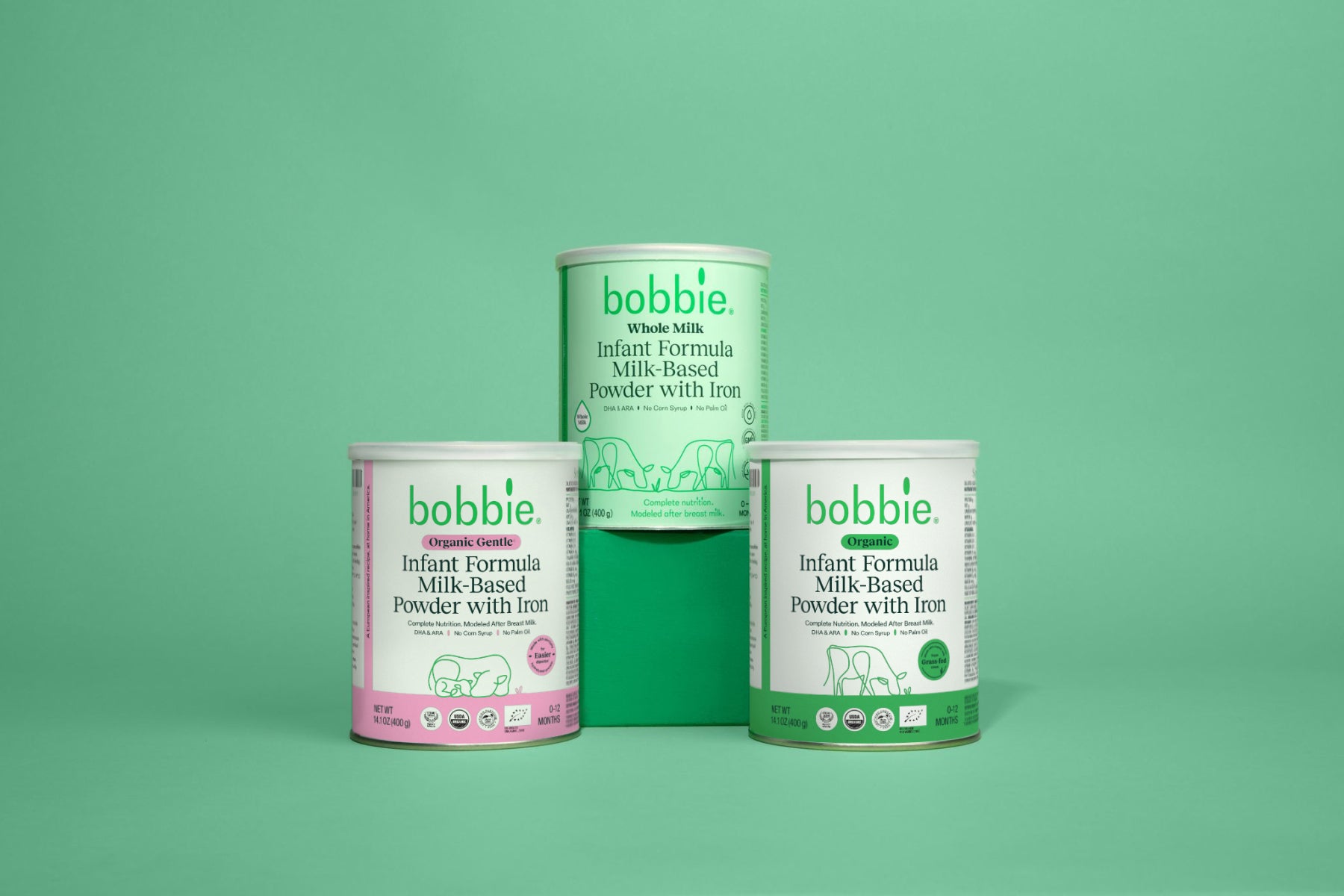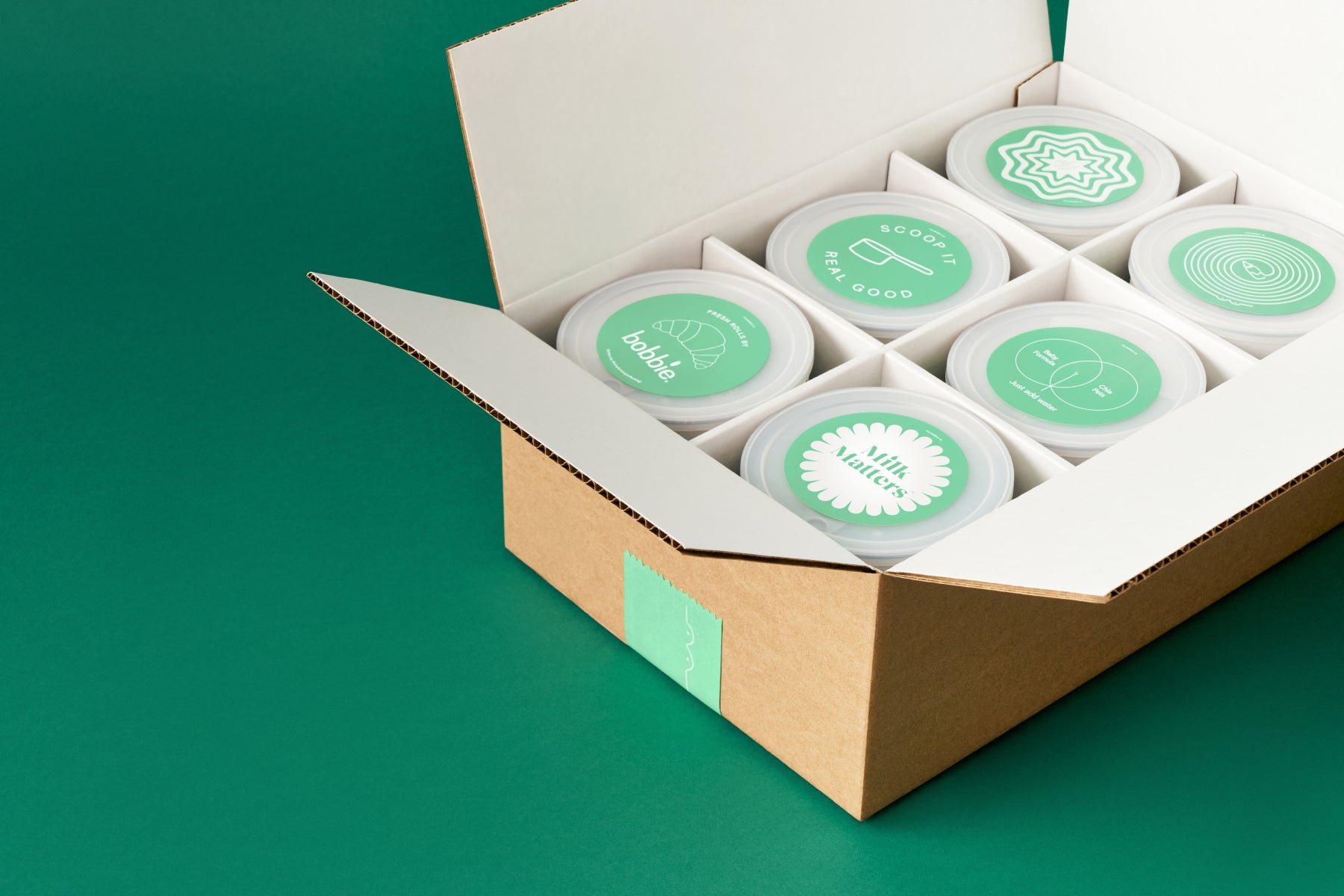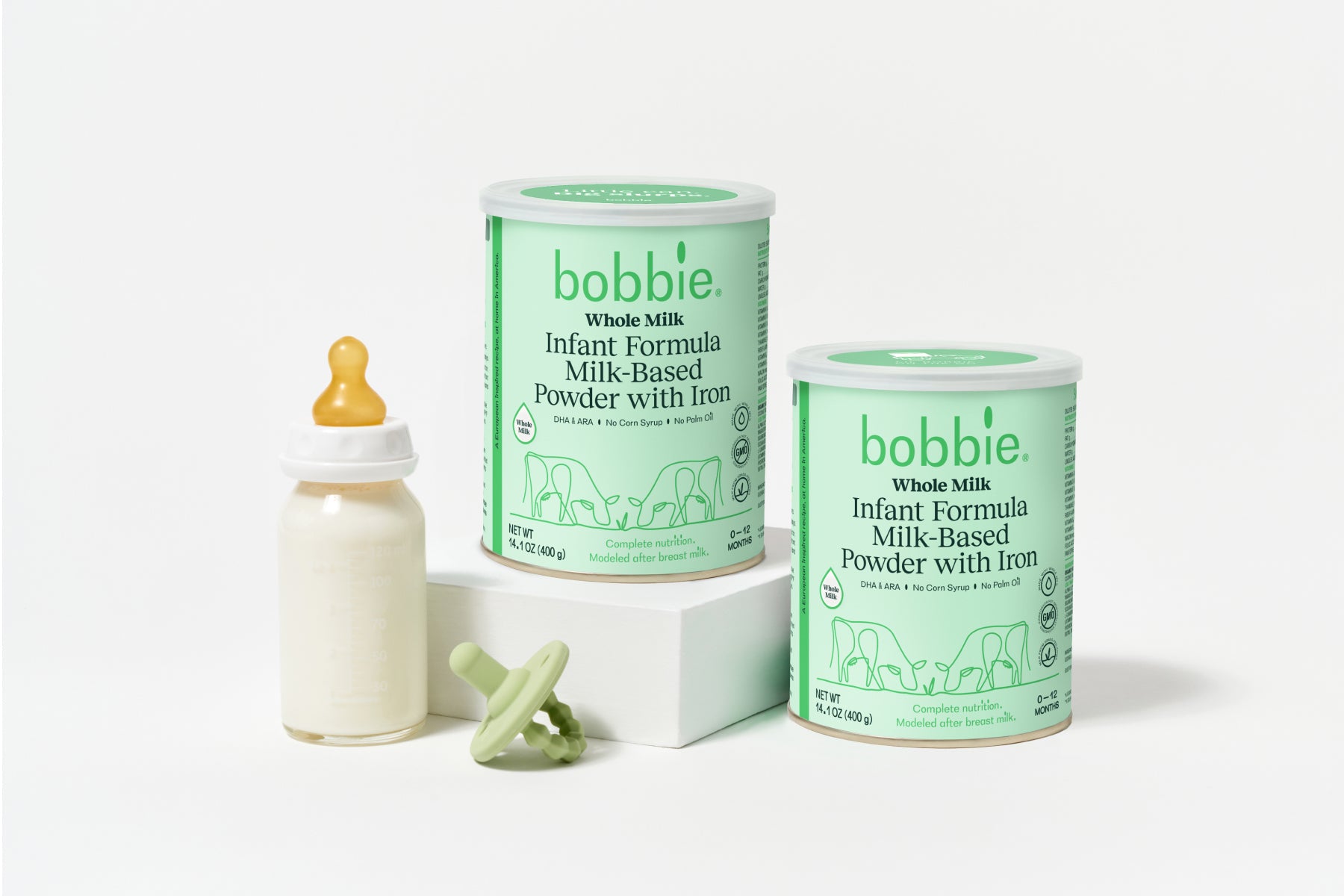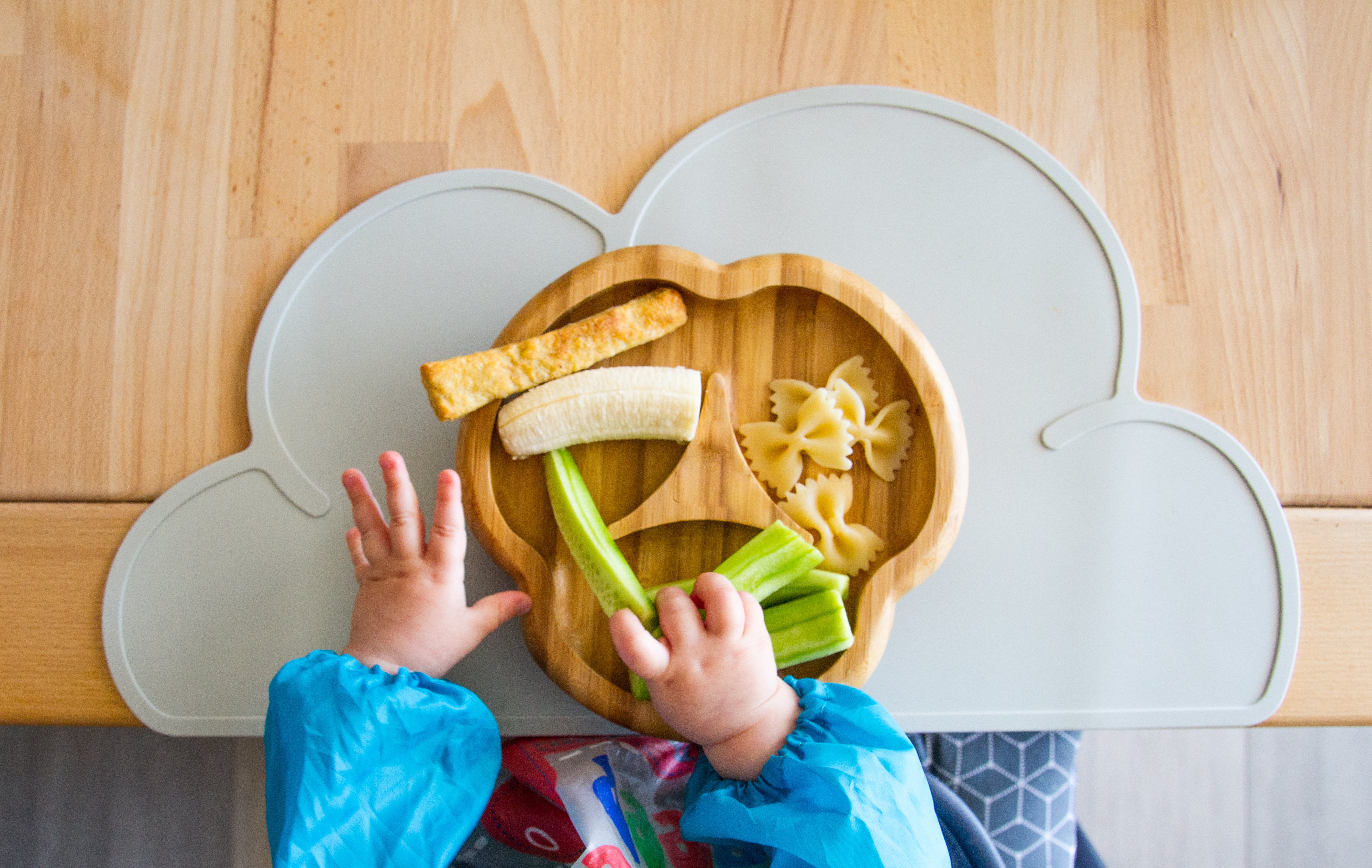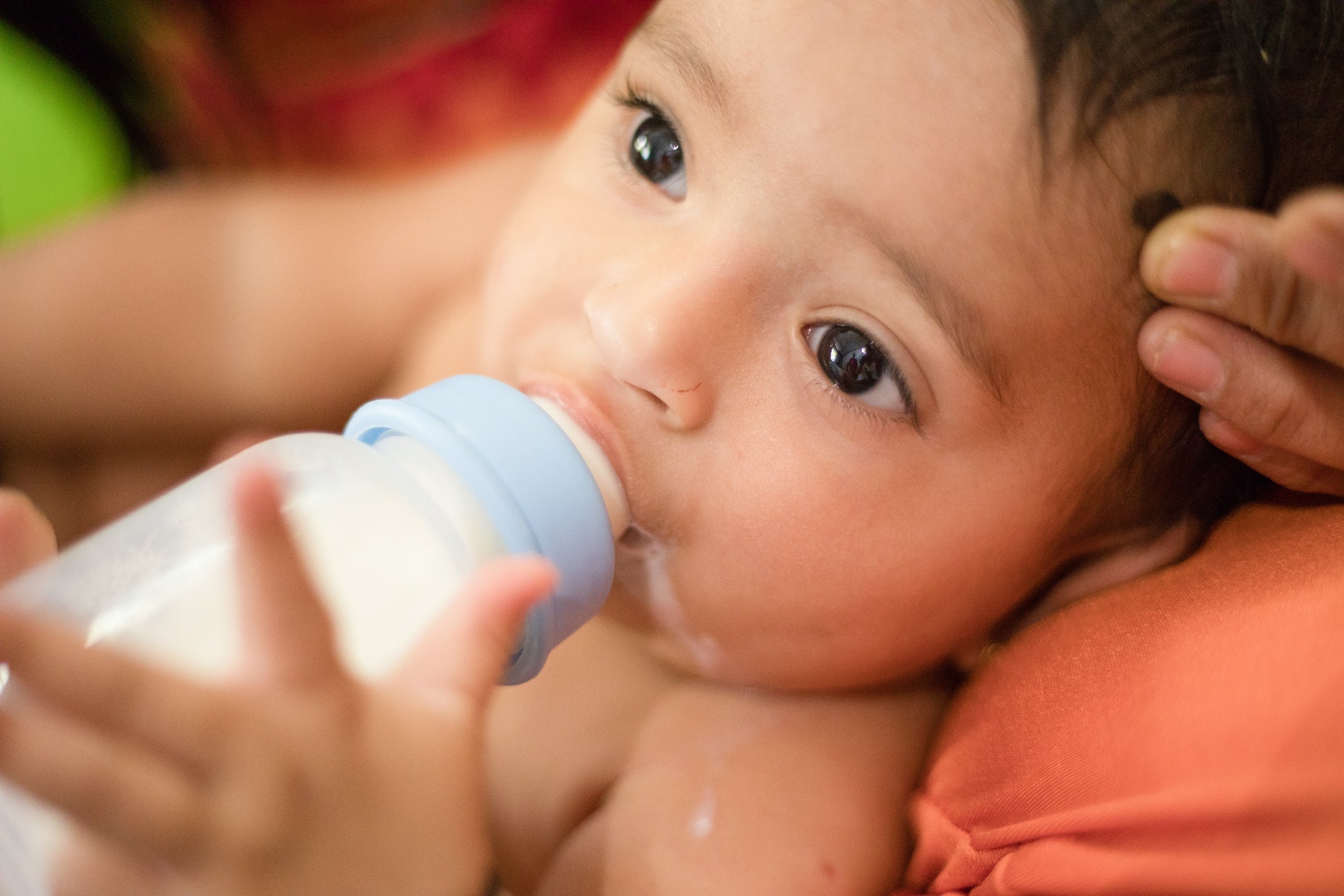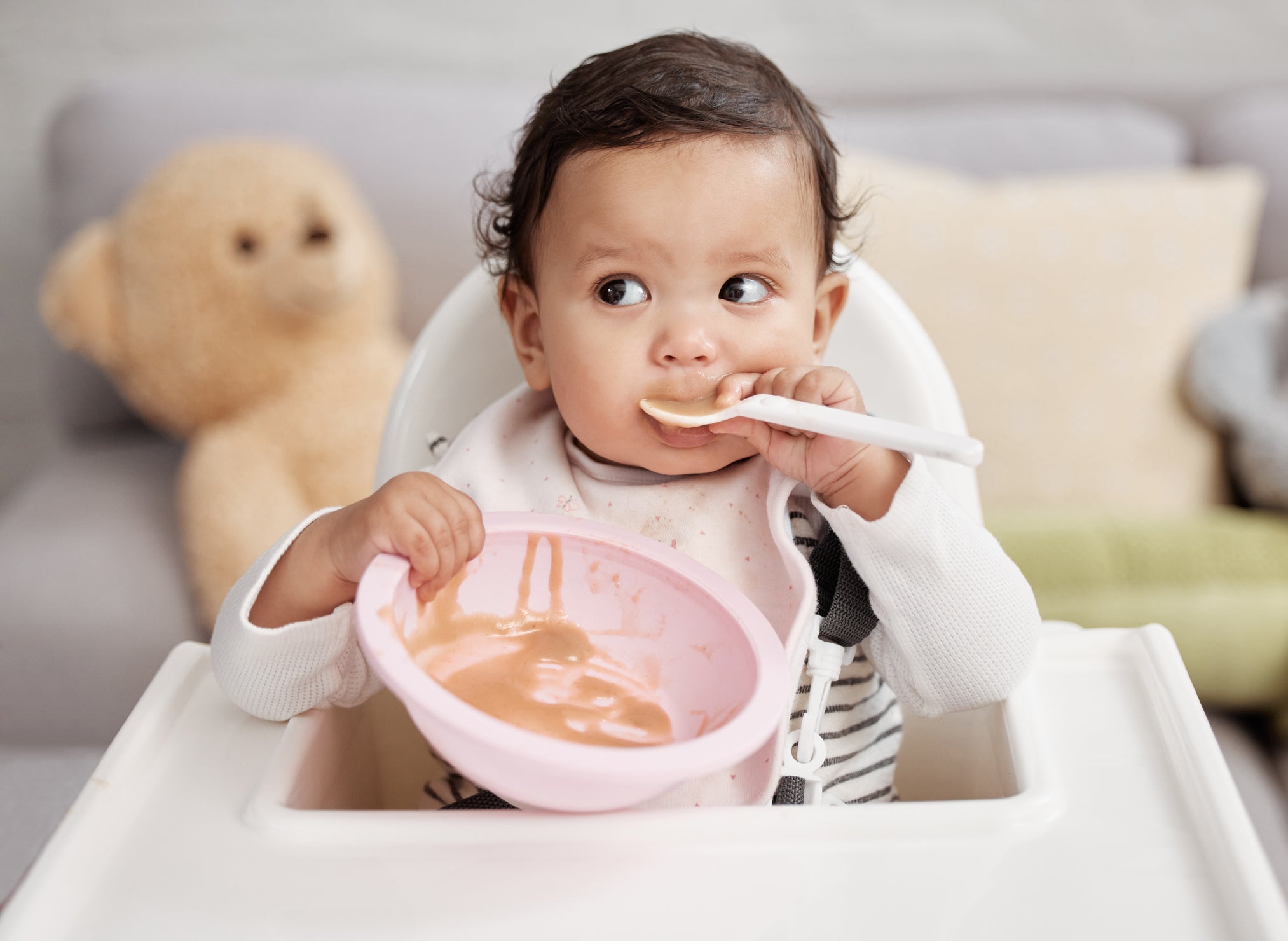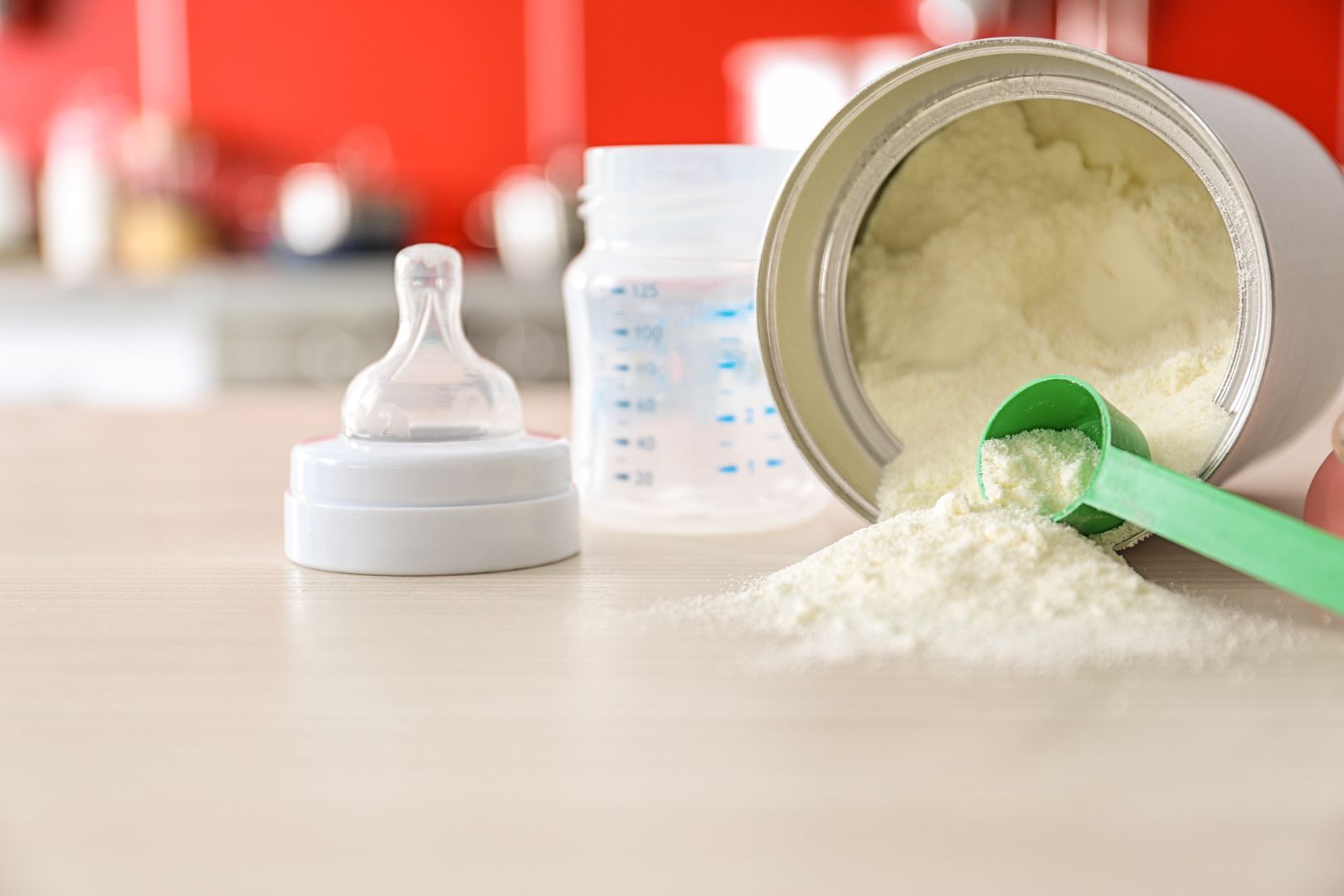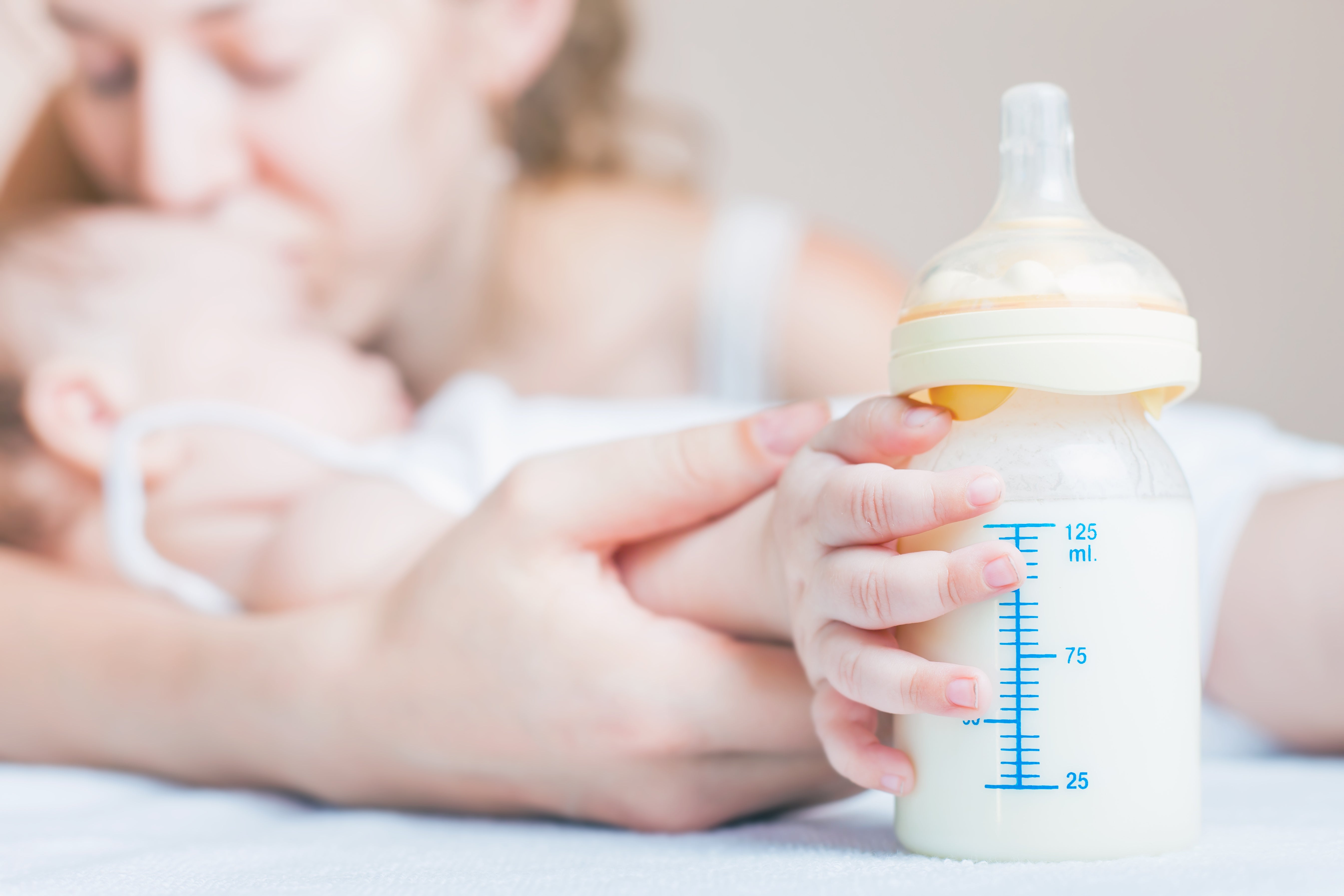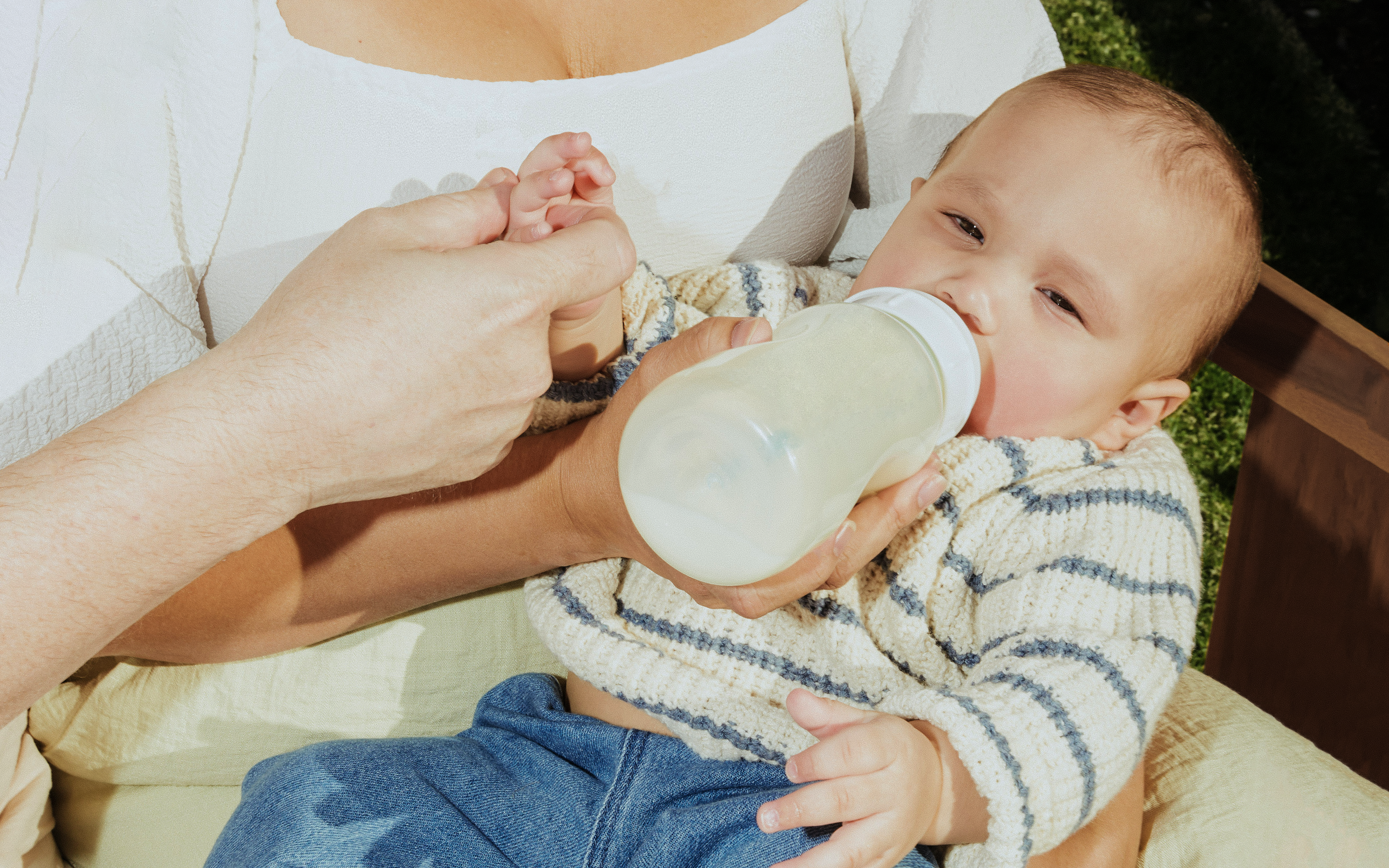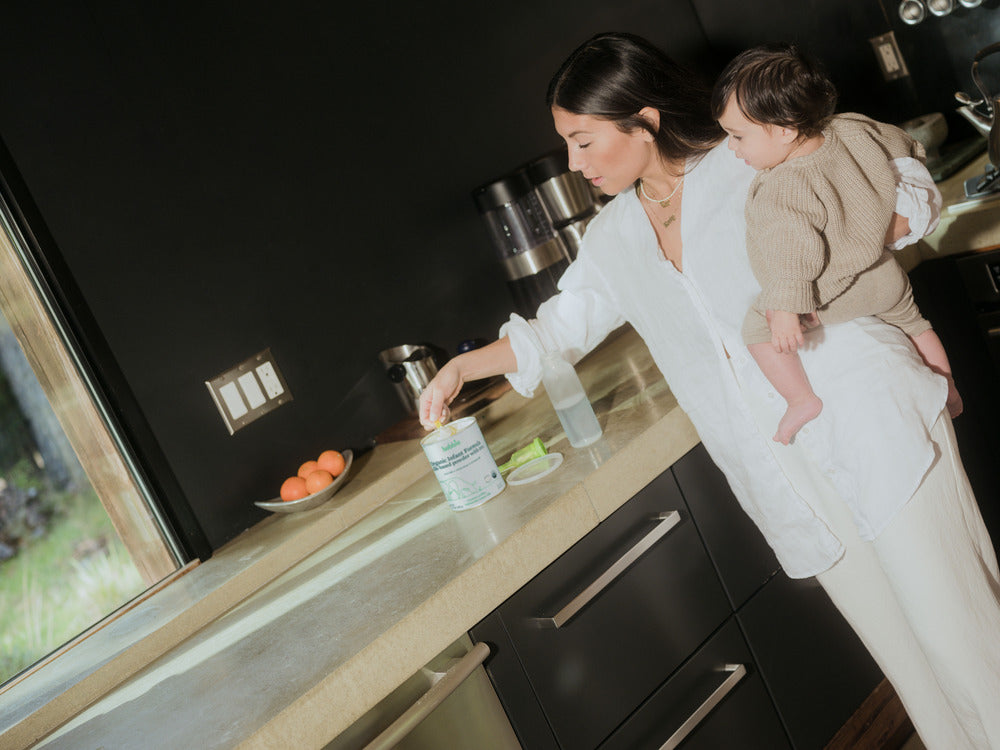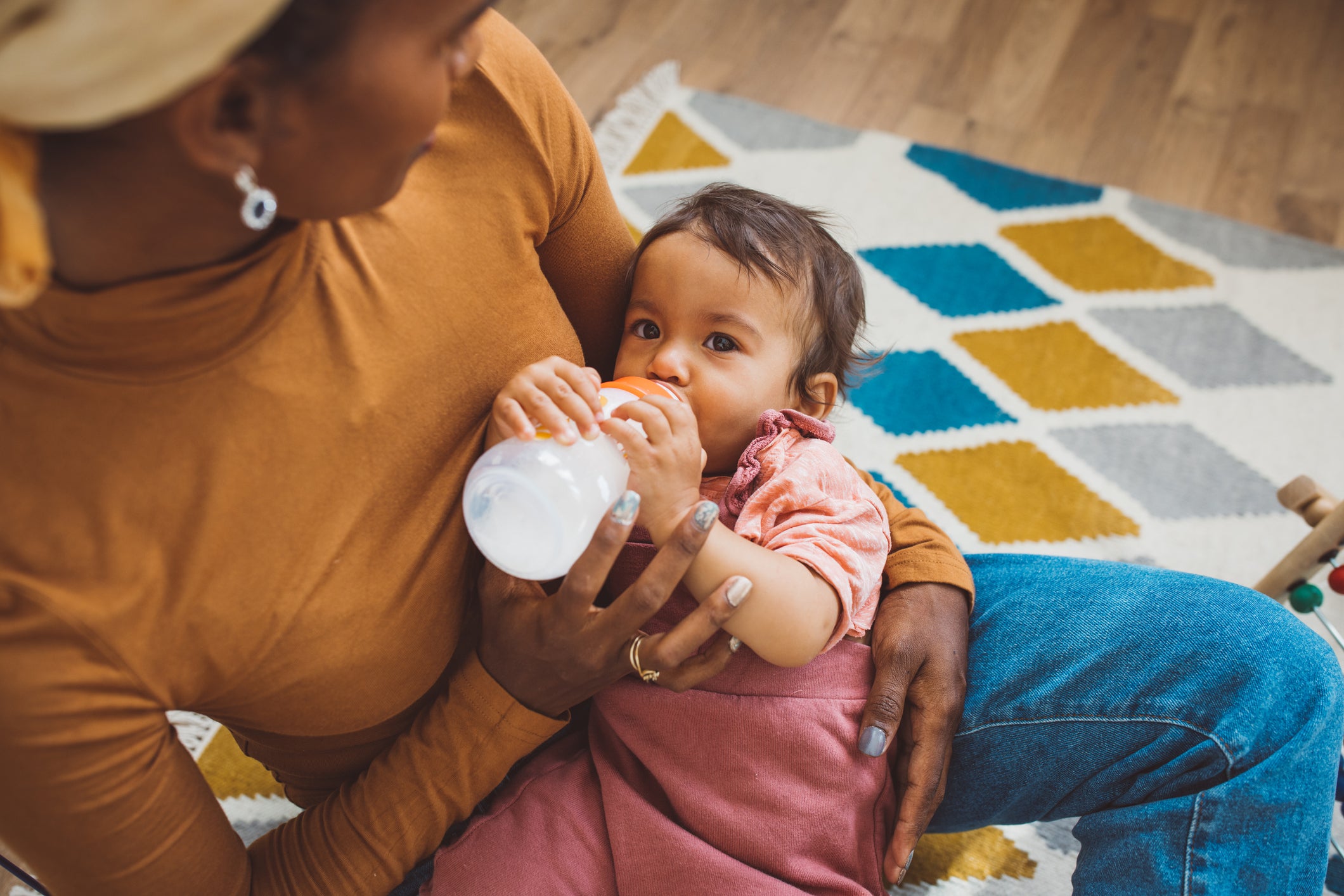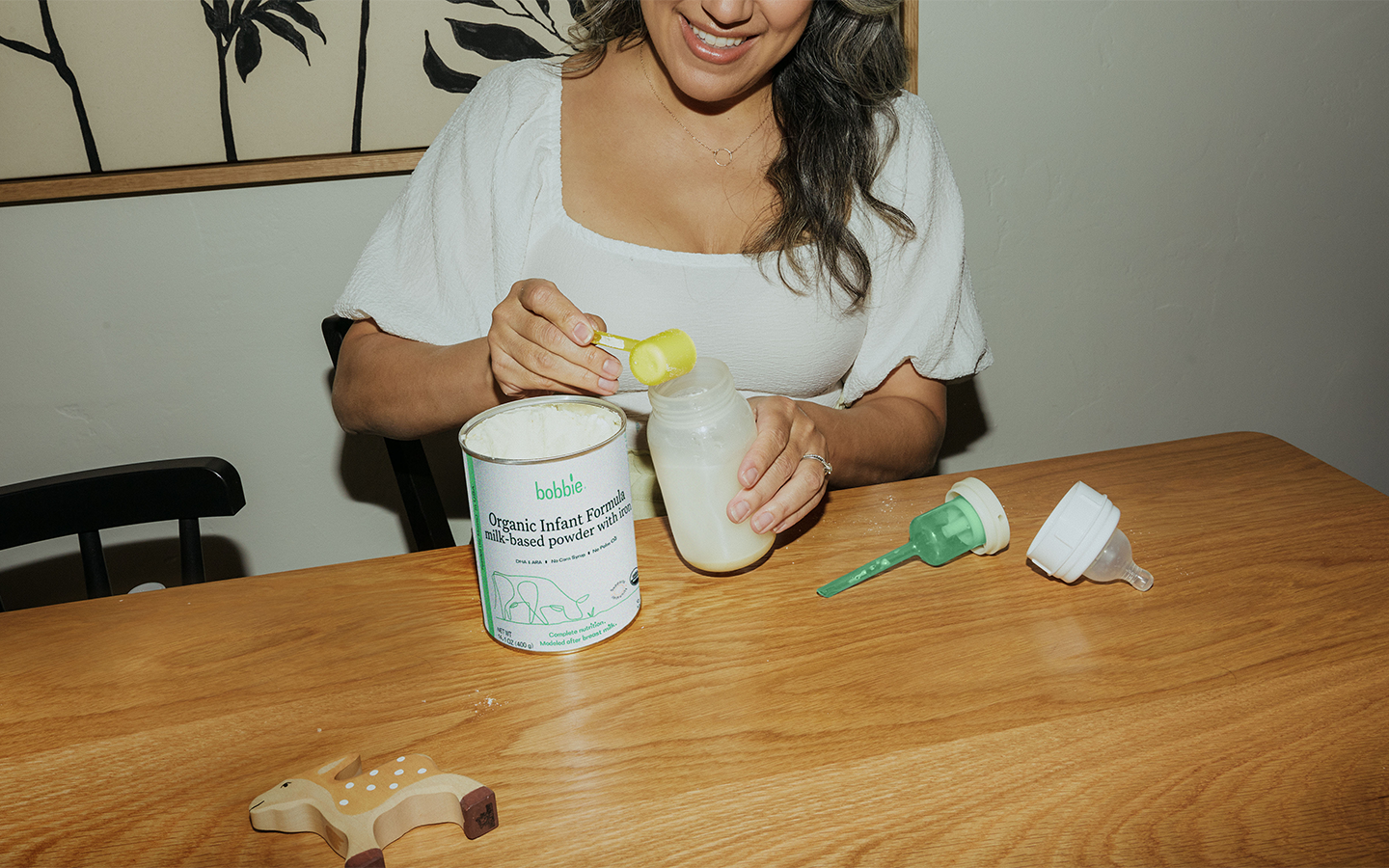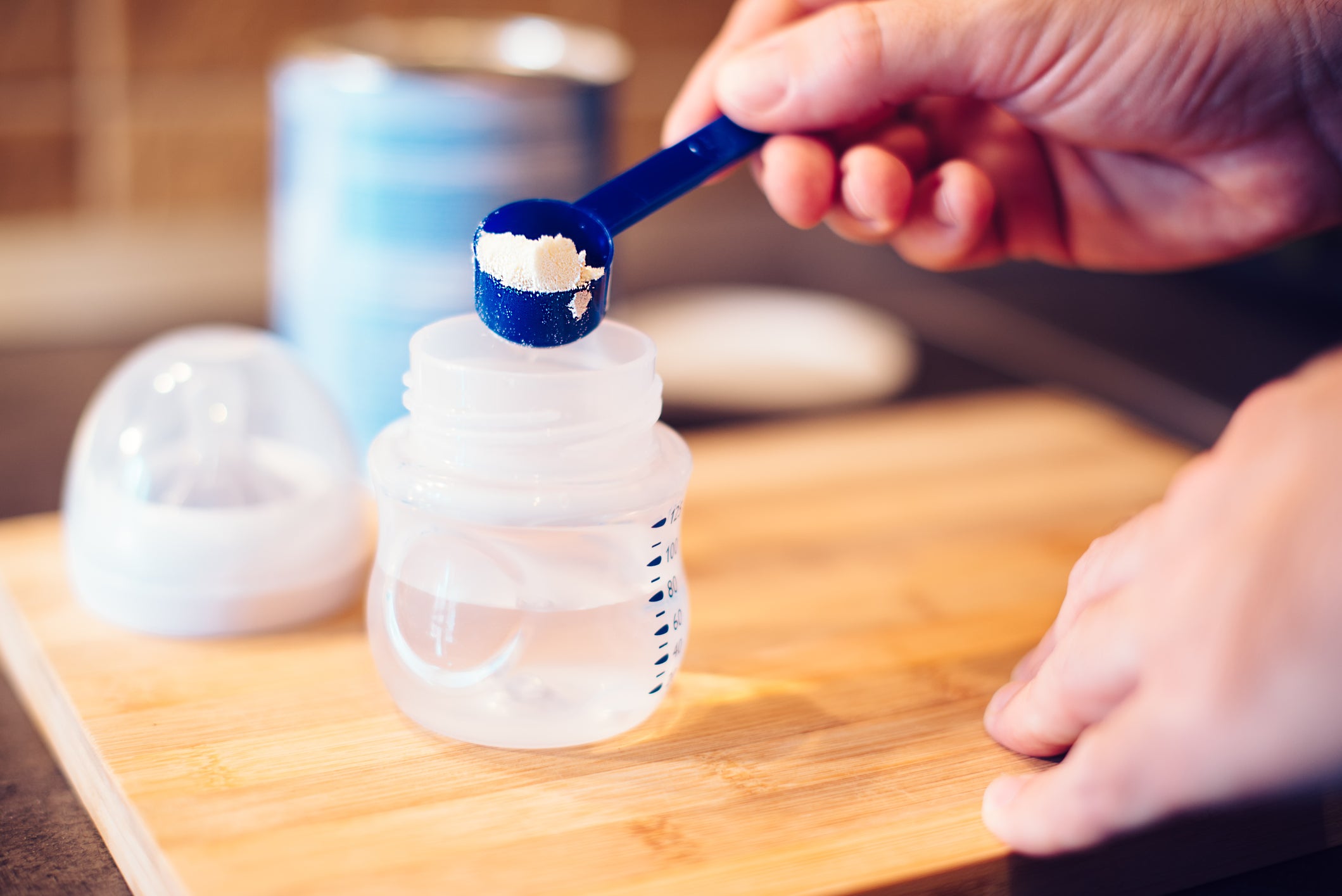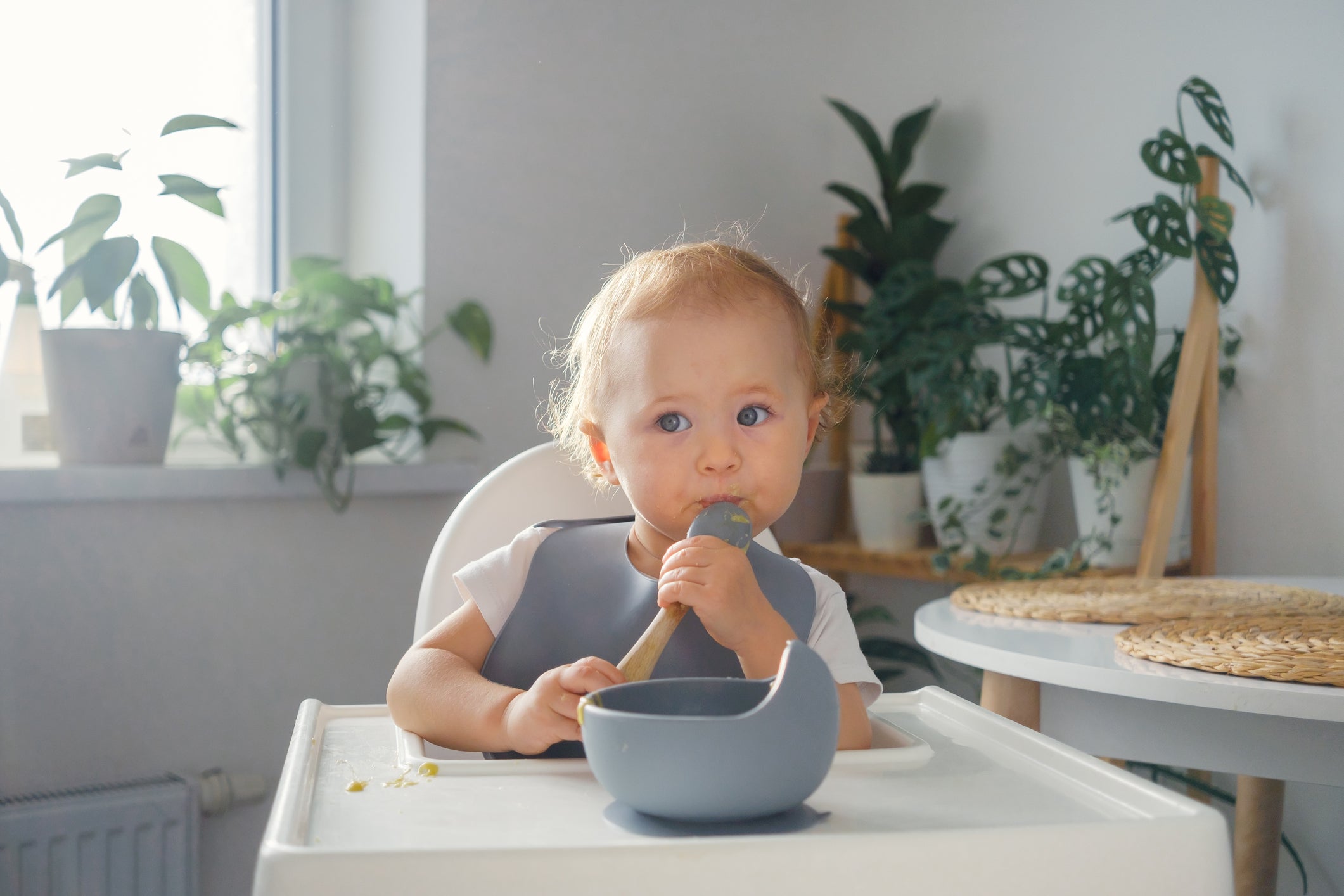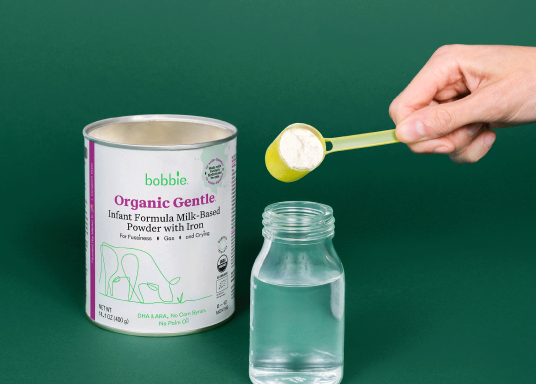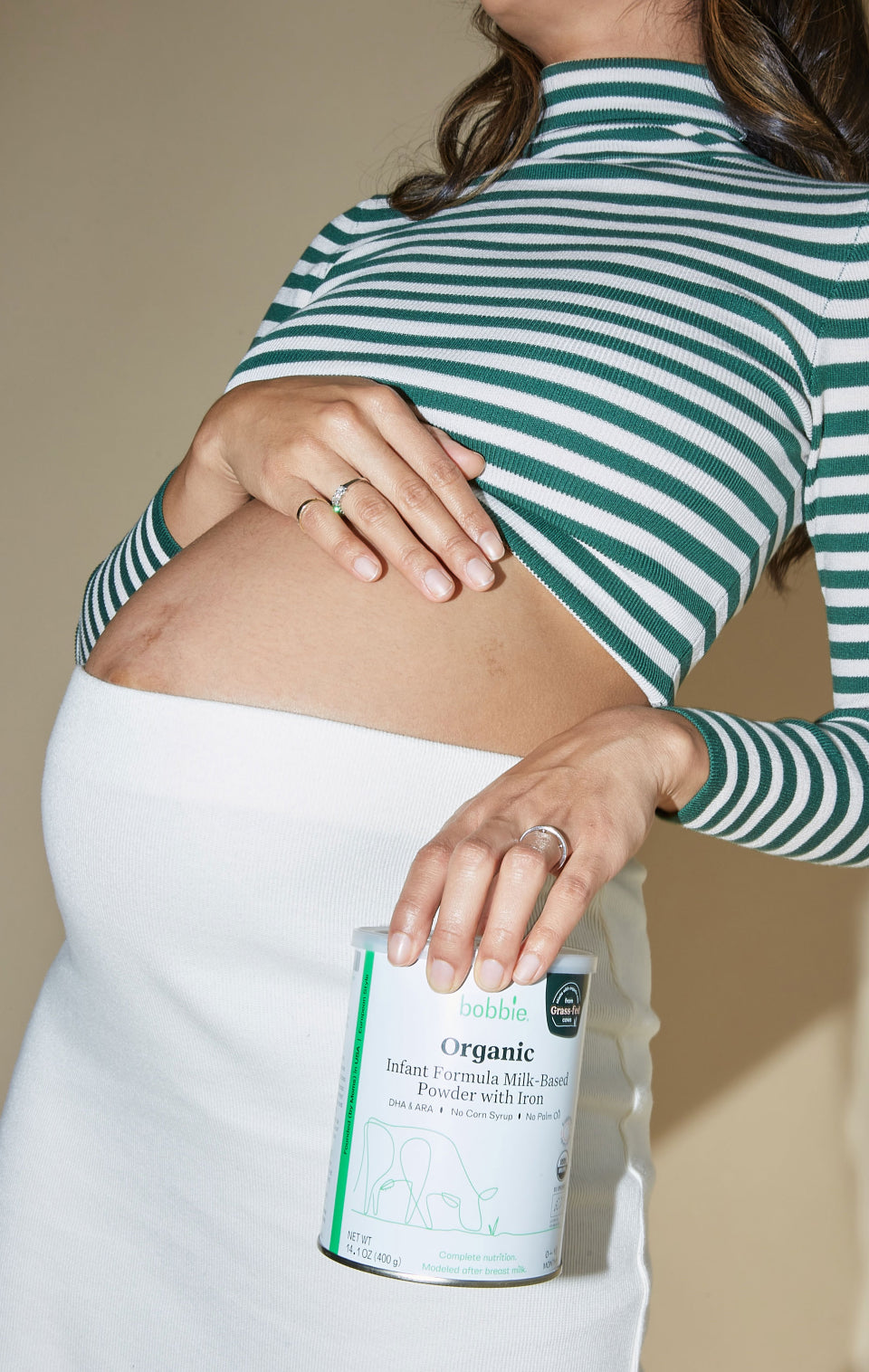Published February 18, 2025
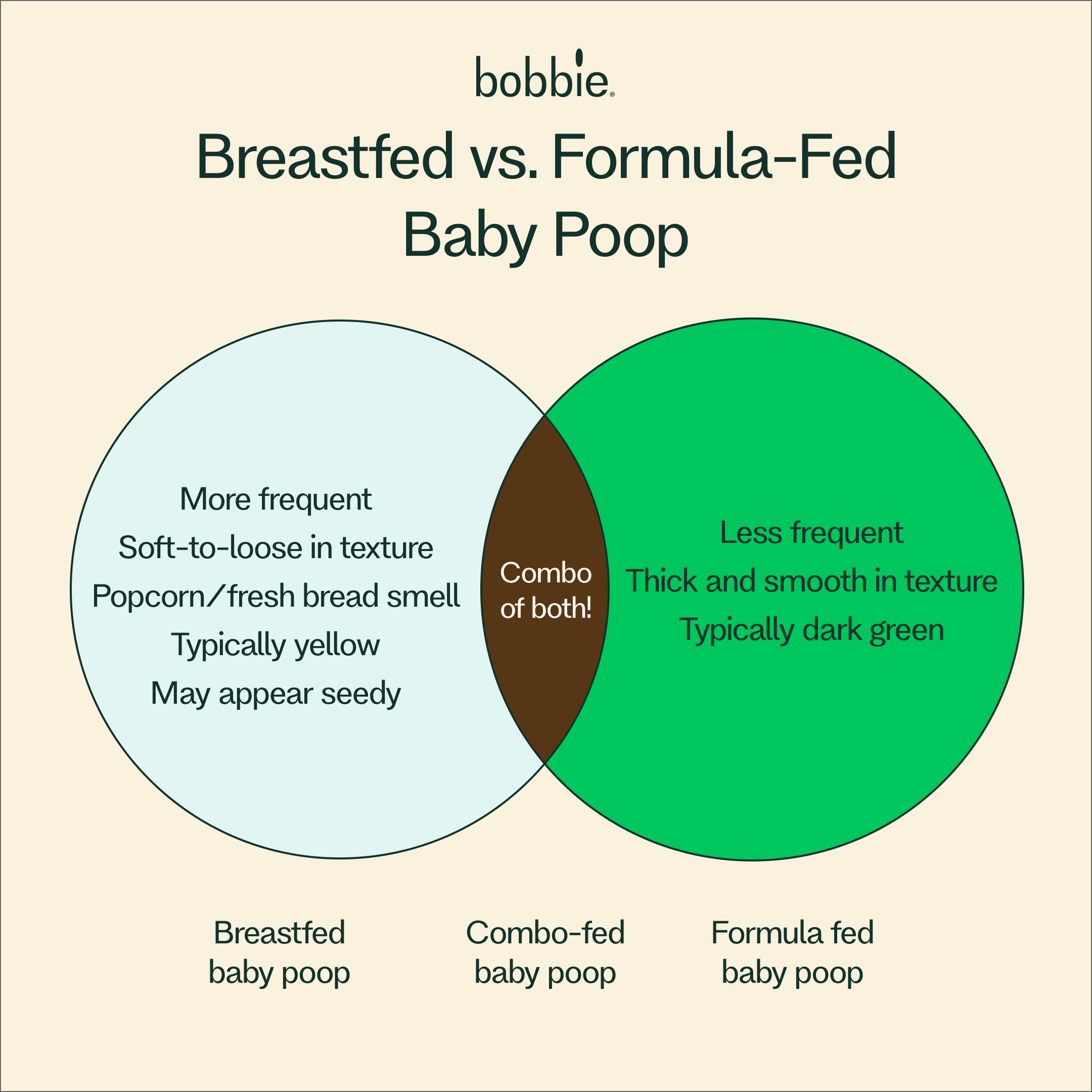
Newborn Frothy Poop: What Every New Parent Needs To Know
Being a new parent means braving the unknown, but few surprises are as unpredictable (or memorable) as baby poop! Just when you think you’ve got it figured out, you notice something new — a bubbly, frothy texture. Suddenly, you’re asking questions you never thought you’d ask: Why does my baby have foamy poop? Is this normal? And what on earth do I do about it?
Don’t worry — you’re not alone, and frothy poop is one of those quirky newborn baby mysteries we’re here to help you solve. In this blog, we’ll look at everything you need to know about newborn frothy poop: what it is, why it happens, how to spot any red flags and tips for handling it like a pro. Get ready to unlock the secrets of frothy poop and feel more confident in navigating your newborn’s early diaper adventures!
What Is Frothy Poop and What Causes It?
Frothy poop is pretty much exactly what it sounds like — stool with a bubbly, foamy look that might remind you of whipped egg whites or a frothy latte. Typically, it’s a bit lighter in color and can seem strange at first glance. But don’t panic! Frothy poop doesn’t always mean there’s a problem.
To help ease any diaper worries, let’s explore the usual suspects in the world of newborn poop, so you’ll know if this bubbly twist is just part of the normal spectrum. From colors to consistencies, we’ll uncover what’s “normal” and why you might see some foam along the way.
Normal Newborn Stool: Colors and Consistencies
Newborn poop is surprisingly diverse in color and texture — get ready for a whole rainbow in those diapers! For a breastfed baby, you'll often notice a yellow baby poop with a soft, seedy texture that’s relatively easy to clean up. A formula-fed baby might have thicker, pastier stools that range from shades of yellow to brown. As your baby grows, you’ll notice these textures and colors changing, which is all part of the normal process.
When frothiness enters the mix, you see a bubbly or foamy texture in the stool. So, what causes those unexpected bubbles? Here are a few common culprits behind the froth:
Dietary Factors:
A baby’s diet — whether they’re breastfeeding or formula-feeding — can play a significant role in stool appearance. For instance, if a breastfeeding baby frequently switches between breasts, they might miss out on enough hindmilk, which is richer in fat than the foremilk. This imbalance can occasionally lead to frothy stools, known as “lactose overload.” This may also lead to green stool. But don’t worry; this doesn’t mean there’s anything wrong with the milk — it just means your little one is processing a bit more milk sugar than usual. To help them get a good mix of both, let your baby finish one breast before switching to the other.
Similarly, formula-fed babies might experience foamy or loose stools if they’re transitioning to a new formula, combo-feeding, or if their digestive systems are still adjusting to their diet. Every baby’s body reacts differently to what they consume, so it’s all part of the process!
Lactose Sensitivity:
While rare, some babies can have a tough time digesting lactose, the natural sugar found in milk. For breastfed newborns, consuming too much foremilk can lead to lactose overload, resulting in frothy stool. It’s important to note that while lactose overload doesn’t mean your newborn baby has lactose intolerance or a milk allergy (which is a more serious digestive issue), it’s a good idea to keep an eye on the foamy texture if it sticks around.
Digestive System Development
Newborns come into the world with immature digestive systems, and it takes some time for their little guts to fully develop. This means that in those early weeks, your baby’s digestive system might not always process food as efficiently, leading to bubbly, frothy stools. Fortunately, as they grow, their digestive systems mature, allowing them to handle a wider variety of foods and resulting in more consistent and predictable bowel movements.
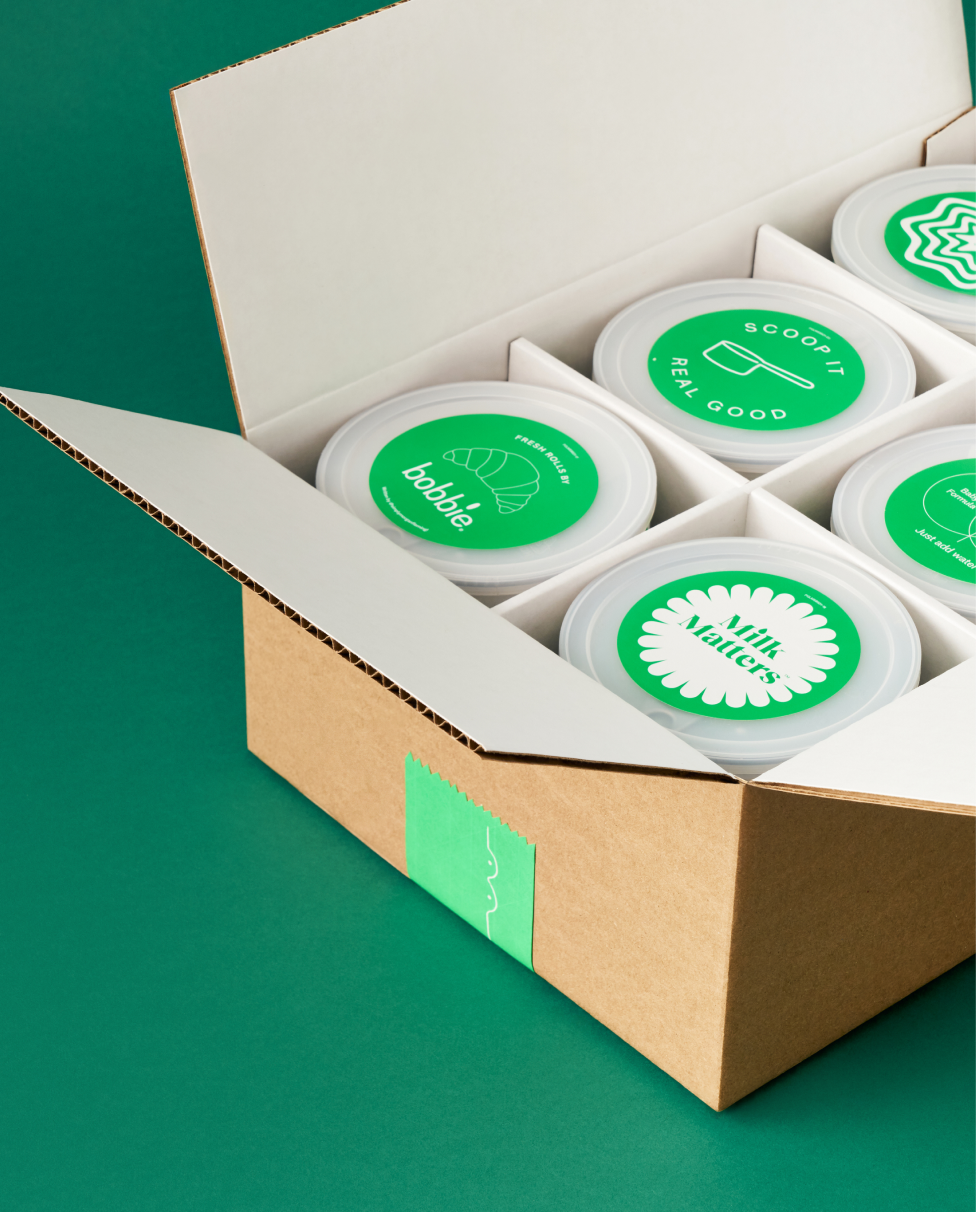
Shop Bobbie Organic Infant Formula
Bobbie Organic Infant Formula is a USDA Organic, EU-style infant formula that meets all FDA requirements. It is a complete nutrition milk-based powder modeled after breast milk and is easy on tummies. It is non-GMO and doesn't have corn syrup, palm oil, or maltodextrin. Shop Bobbie today!

Signs of Trouble With Frothy Poop
Seeing frothy poop or green baby poop now and then isn’t typically a cause for concern. However, if you’re noticing frothy poop as a consistent occurrence or paired with other symptoms, it may be worth a closer look into your little one’s gut health. Here are signs that could indicate an underlying issue:
Persistent Frothy Poop
If the frothiness sticks around or keeps popping up, it could be a sign of a little digestive imbalance, often tied to diet. Babies with lactose overload or sensitivity might just need a tweak to their feeding routine to help smooth things out.
Trouble Gaining Weight
Have you noticed your newborn’s weight staying the same or even dropping a bit? This, combined with frothy poops, could hint at a digestive concern. If growth isn’t on track, reaching out to a healthcare provider can help figure out what’s going on.
Other Symptoms
If you notice frothy poop paired with signs like dehydration, fussiness or weight changes, it might mean your baby’s digestive system could use a bit of support. If your baby seems uncomfortable or their poop keeps changing, a quick chat with the pediatrician can be reassuring.
5 Steps To Manage Frothy Poop in Your Newborn
If you’ve spotted frothy poop, try these five steps to help settle your baby’s digestive system:
1. Keep a Poop Log
Track when you spot frothy poop, note any changes in feeding and log any dietary adjustments. Over time, you might see patterns that reveal potential triggers or improvements.
2. Fine-Tune Feeding Patterns
For breastfed babies, try letting them stay on one breast longer to reach the hindmilk, which is richer in fat and lower in lactose than the foremilk. This can help balance their intake and reduce foamy stool.
3. Consider Formula Adjustments
If your newborn baby is formula-fed and has frothy stools, switching formulas or consulting your pediatrician about possible sensitivities might help. There’s a variety of formulas to explore, so you may find one that better suits your baby’s needs.
4. Watch for Lactose Sensitivity
Sometimes frothy stool signals a mild lactose sensitivity. If you suspect this, talk to your healthcare provider about options like lactose-reduced formulas or small tweaks to breastfeeding routines.
5. Check With Your Pediatrician
When in doubt, give your pediatrician a call! They can assess if there’s an underlying issue and offer personalized advice on newborn frothy poop, green poop, breast milk concerns and formula feeding for your little one.
Answering Frothy Poop FAQS
You’re not alone if you’re scratching your head over frothy poop! Here are answers to some of the most common questions.
Is frothy poop common in newborns?
Yes, it’s fairly common, especially as newborns adjust to milk digestion and their digestive systems mature.
How long does frothy poop usually last?
Frothy poop often appears sporadically. If it’s persistent, consult your pediatrician, as they can check for dietary sensitivities or recommend feeding adjustments.
What should I do if my baby’s frothy poop smells particularly bad?
While baby poop doesn’t smell rosy, an unusually strong or foul odor could point to digestive trouble. Check with your pediatrician if you’re concerned.
Can introducing solids impact my baby’s stool?
Yes! Starting solids often changes baby poop color, texture and smell, and there’s a lot to learn about switching babies to solid foods.
How can I make sure my baby is getting enough nutrients while addressing frothy poop?
Speak to your pediatrician if you’re adjusting feedings to make sure your baby’s growth remains on track.
Navigating Frothy Poop and Bobbie’s Support for Healthy Growth
Remember, baby poop is a journey, and frothy poop is often just one stop along the way. It’s a common experience, so don’t worry if you notice a bubbly surprise now and then. If you have any concerns, your pediatrician is always there to provide expert guidance and reassurance.
At Bobbie, we’re here to support you and your little one with high-quality, clean-label formulas made to help babies grow happy and strong. Explore our formulas today and find the one that best fits your baby’s unique needs!
The content on this site is for informational purposes only and not intended to be a substitute for professional medical advice, diagnosis or treatment. Discuss any health or feeding concerns with your infant’s pediatrician. Never disregard professional medical advice or delay it based on the content on this page.








